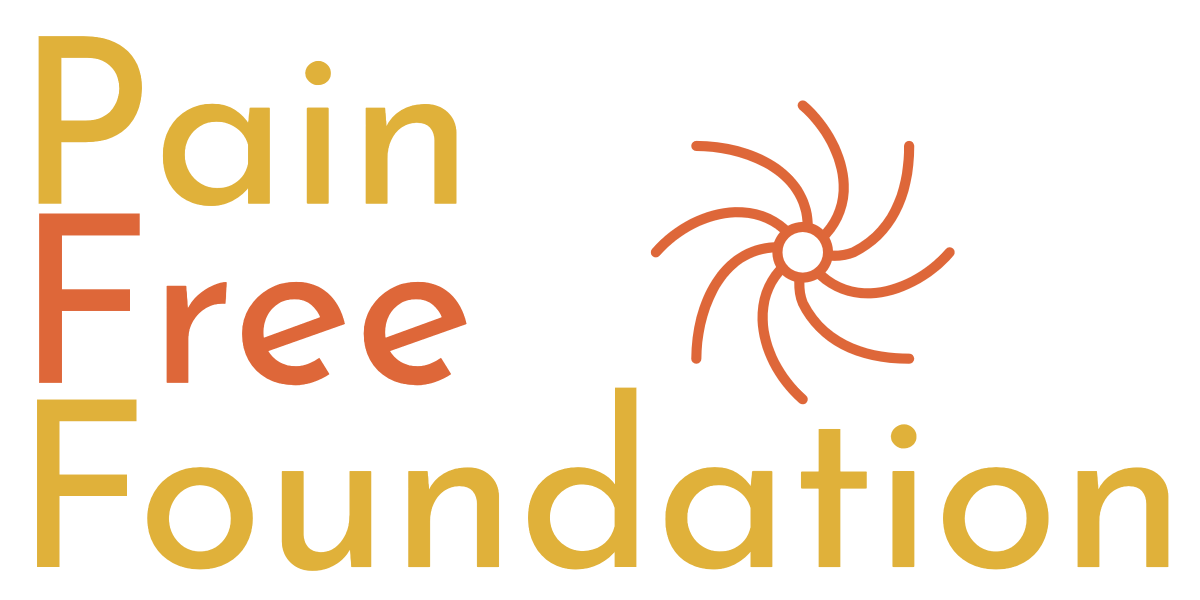What Is The Relationship Between Emotions And Physical Pain?
Emotions and physical pain are nearly inextricably linked, and many of us have experienced both. This issue at work, which can occasionally lead to discomfort and heartburn… You’re having a headache because of this dispute with your boyfriend. A problem that has been disregarded for a long time and manifests as back discomfort or cramping…
Another thing that comes to mind is the “broken heart.” When we have a breakup, the emotional agony is typically intense and even devastating, to the point that our bodies are affected. You’re tired, have no energy, and your muscles and joints are numb.
What is causing this? Why does our body suffer when our minds aren’t functioning properly? Let’s delve a little more into the topic.
What is the relationship between emotions and physical pain?
Psychology and medicine have known for decades that there is a strong link between emotional and physical suffering. This effect, known as “somatization,” demonstrates the connection between the mind and the body. However, according to the standard Cartesian model, this has been questioned in previous centuries.
Depression is an example of this. Headaches, muscle aches, digestive problems, and even worsening of the condition of chronic pain patients are common side effects of this illness. Similarly, neurobiological research suggests that emotional stress is linked to a lot of physical suffering.
Psychological and emotional elements should be incorporated in the diagnosis in the clinical context, particularly in primary care, according to certain studies conducted at www. fisiosante.com. Stomach pain, for example, could be caused by an anxiety problem rather than an ulcer.
The emotions that have the biggest impact on the body are sadness and rage.
The enormous spectrum of emotions experienced by human beings has an impact on the body, according to Dr. Afton Hassett, research scientist at the Fatigue and Chronic Pain Research Center at the University of Michigan in the United States.
This imprint has the potential to be both beneficial and unpleasant. Sadness and anger are two of the most uncomfortable feelings for the body. Being abused as a child, losing a parent, or going through a difficult emotional relationship are all situations that leave an impact on the body.
Physical symptoms range widely, with back discomfort being the most prevalent.
It’s critical to underline the link between rage and bodily discomfort. People who are impatient or who suppress their emotions, according to Dr. Hassett, are more responsive to pain. They’re also more susceptible to stomachaches, migraines, joint difficulties, and so on…
Which is the most intense: emotions or physical pain?
A loved one’s death or a shattered bone? Is it a partner’s abandonment or a flesh burn? Regardless of how contradictory these issues appear, there appears to be a clear answer.
Physical pain is more painful than emotional pain.
This is according to a study conducted by Dr. Adrienne Carter-Sowell and Dr. Zhanheng Chen and published in the journal Psychological Science. The following points are crucial to comprehending the link between emotions and physical pain:
In many circumstances, emotional pain might linger a long time. Although physical pain is transient, the emotional suffering that is left behind can persist for years, if not a lifetime.
Negative emotions are difficult for us to handle. For example, if we have spent years suppressing our disappointments and fury in response to specific events or circumstances, that anger eventually manifests in our bodies.
Physical suffering is unavoidable. People, on the other hand, are prone to reactivating emotional suffering. We cannot, in general, replay the effect of a broken bone, but we may suffer emotional agony repeatedly.
Be conscious of your feelings.
Emotions and physical pain are two sides of the same coin, as we all know. It is something that many of us deal with on a regular basis. These spasms in the chest, this neck agony, this pounding pain in the temples…
In these conditions, what can we do?
The solution is straightforward, yet it is difficult to put into practice. You must develop emotional management skills. What hurts now should not be put off until tomorrow.
An disagreement that ends in a stalemate, an issue that goes unaddressed…. All of this has ramifications that go beyond mental anguish. This is something to bear in mind. We can always rely on good specialists if we are unable to deal with emotional suffering on our own.
[/av_textblock]
[/av_one_full][/av_section]
